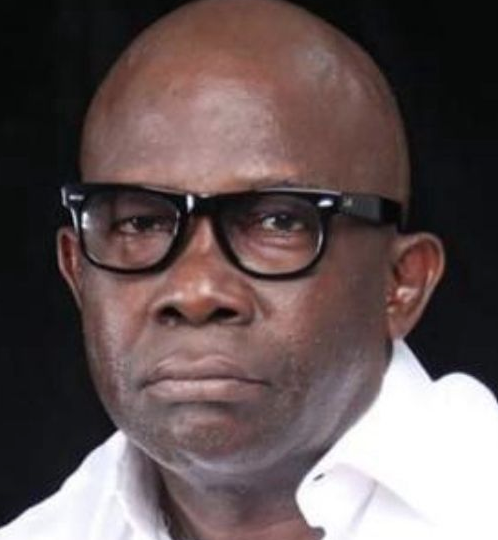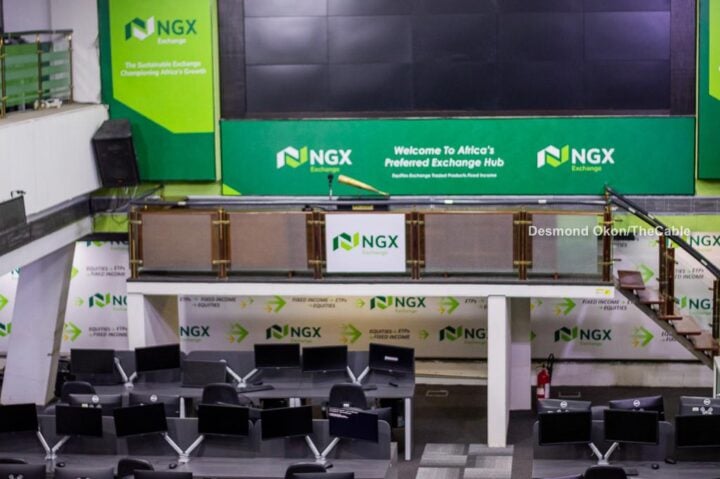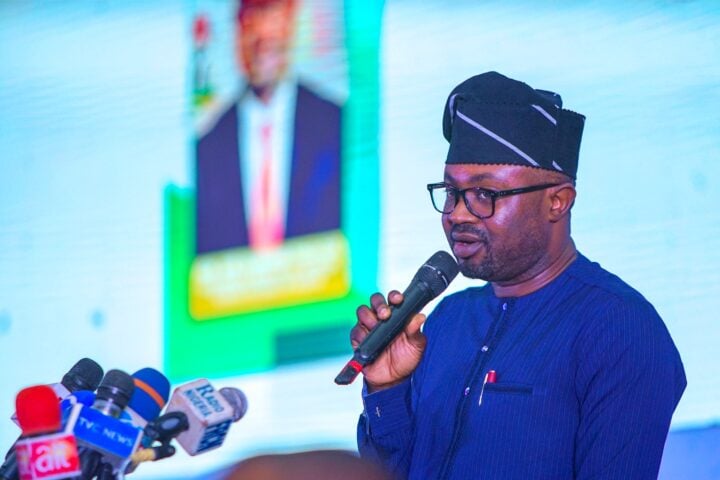“A politician thinks of the next election; a statesman thinks of the next generation” — James Freeman Clarke (1810-1888).
Clarke’s axiomatic lines are still evident in our contemporary polity. The nineteenth century American minister and theologian aptly captures the age-long proclivity of the typical politician as against the statesman. Indeed, there are politicians and there are statesmen. The regular politicians think of how to overrun the next ballot box while statesmen in history have not only built institutions that have stood the test of time for the coming generations but have actually developed the human capital that will be relevant in our ever evolving world.
A statesman is therefore altruistically and dispassionately concerned with building a functionally progressive society. This uncommon aptitude separates him from the multitude and elevates him to becoming a leader capable of inspiring, motivating and indeed directing followers to take bold initiatives which can accomplish specific goals and change the society for good.
Some of our political scientists do insist that after the founding fathers of this country who were demonstrably statesmen and leaders, such personages have been in acute short supply in our political history. This situation easily reminds one of the declaration by the celebrated Kenyan human rights activist and Director, Kenya School of Law, Prof. Patrick Loch Otieno (PLO) Lumumba who lamented that African leaders don’t plan for the future.
Advertisement
But the reality of governance in Anambra State has put paid to some of these generalizations and suppositions. Anambra State Governor, Prof. Charles Chukwuma Soludo CFR, stands very tall in this ranking. His huge footprints, in less than two years in office, stand him out as an undisputed statesman and leader of his people, bound for greater calling. In Anambra State where he governs, Governor Soludo has clearly demonstrated that while it is important to cater for the present, it is even more important to plan for the next generation, a governance culture which has been lacking in the past.
It wasn’t raining before the biblical Noah built an Ark. Planning brings the future into the present so that we can do something about it. That bright future we yearn for the upcoming Ndi Anambra and Nigerians must be created today; and that’s the turf where Soludo is a deft player – planning. Many have attributed the many dysfunctionalities in our system today to lack of proper planning by those who had led the country. But thankfully we have a governor, a leader and statesman who believes that every sphere of development must be intentionally taken into consideration, not just for the present alone, but for the future growth and expansion of the society. The cities of Western countries and their effective socioeconomic systems where we often visit and admire were designed and built hundreds of years ago by visionary statesmen and leaders who had long exited the stage. They were built by men and women who saw the future; they looked beyond their time. These were leaders who understood that the world is not static and that those who will naturally succeed them equally have a right to inherit a liveable and pleasurable society.
When these are put in context with the “Solution Agenda”, one begins to actually appreciate Governor Soludo’s vision of transforming Anambra State into a liveable and prosperous mega city destination where people will prefer to live, invest, learn, work, relax and enjoy.
Advertisement
Already, observers and commentators are beginning to wonder aloud where, in this austere times, Governor Soludo is finding the money to carry out his audacious programs and projects. But for Soludo, it is not necessarily the quantum of fund that matters but the judicious management of the available resources. The giant steps he has taken in his less that two years in office speaks to his surefooted pursuit of his mission as an avowed progressive.
Under Governor Soludo, the education sector received a Midas touch like never before. He did what no governor before him had ever done. To the amazement of Ndi Anambra and the country, he employed 5000 teachers on merit in one fell swoop. Another 3000 more are being processed for employment soon. As if that was not enough, he declared free education in Nursery, Primary and JSS, while SSS will pay only N5000. Before the euphoria trailing his proclamation could die down, he commenced the upgrading of primary and secondary schools structures to give them a profound facelift. Critics who were in a haste to lampoon government for offering free education in dilapidated structures (which actually preceded this administration) have since taken back their words. It goes to show that they don’t understand the man, Soludo. He is a man that couldn’t have treated one variable in isolation of the other since the condition of one will automatically affect the other, either positively or negatively.
The consequence of these policy measures is that in the next 10-15 years, every budding youth in Anambra State would have acquired basic education, courtesy of Soludo. According to George Bernard Shaw, “Violence is the repartee of the illiterate”. Much of the violent crimes we witness in our country today is hugely attributable to lack of basic education or total illiteracy. With no education and no life-sustaining skills, the victims naturally resort to survival by brute force and sundry social vices that violate a civilized society.
To be continued…
Advertisement
Nwosu is commissioner for information, Anambra state.
Views expressed by contributors are strictly personal and not of TheCable.
Add a comment







